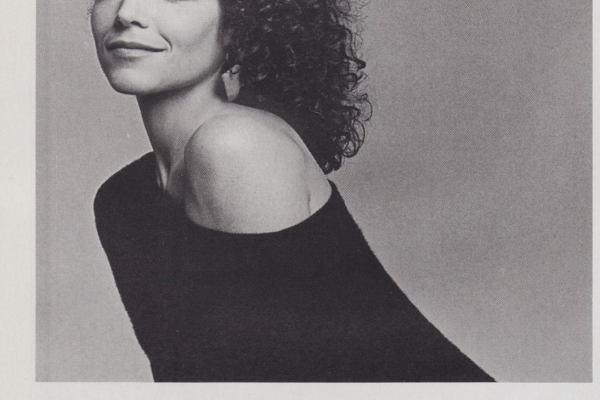Original Publication: Newsweek – March 7, 1977.
TV producers Norman Lear (“All in the Family”) and Grant Tinker (“Mary Tyler Moore”) have ruled the airwaves as the Kings of Sitcom since the decade began—but in the past three years, Garry Marshall has managed to edge into their territory. He has parlayed his painful high-school experiences in the ‘50s and the problems of two blue-collar working girls into the country’s two top series: “Happy Days” and “Laverne and Shirley.” This season, the 42-year-old producer has come up with a new offering, “Blansky’s Beauties,” starring Nancy Walker as stage mother to a group of misfit Las Vegas chorines—a sort of Rhoda’s mother to even dumber “Charlie’s Angels.” Slotted against Mary Tyler Moore on Saturday night, the series has made a respectable showing in its first two weeks, ranking about 40th out of about 70 shows over-all. But so far, what Marshall calls “a combination ‘Chorus Line,’ variety show and sitcom” has failed to hit paydirt.
Hard Knocks: If “Blansky’s Beauties” doesn’t make it big, it will be another sign that the sitcom itself is in crisis. For the first time in years, the sitcoms’ stranglehold on prime-time programing has been loosened considerable by the onslaught of the mini-series, capped by the unprecedented success of “Roots,” and by the showing of spectacular films like “Gone With the Wind.” Furthermore, Lear and Tinker have both recently taken hard knocks of their own. ABC canceled Lear’s “Nancy Walker Show” in December, and he voluntarily yanked his newest series—“A Year at the Top”—just tow weeks before it was supposed to go on the air in January.
Tinker has been harder hit. His wife and most successful star is wrapping up her last season in her “Mary Tyler Moore” show. “Rhoda” and “Phyllis” are ailing, and last month four of Tinker’s top writer-producers left his shop for ABC. Finally, Bob Newhart suddenly announced he would leave his Saturday night sitcom after five years, even though Tinker has contracted to give CBS one more season of Newhart, and the 51-year-old producer could get stuck paying whopping damages to the network if he fails to deliver Newhart one last time.
Family Style: In the meantime, Garry Marshall has been having a ball. His style resembles Tinkers or Lear’s about as much a Pinky Tuscadero resembles Mary Tyler Moore. Marshall grew up in an Italian-Jewish neighborhood in the Bronx (his father was born Marscharelli), and he runs his operation like a corner candy store, with the whole family helping out. Father Tony serves as producer, sister Penny stars as “Laverne,” sister Ronny is associate producer and Mamma does bit parts.
When things get particularly hectic, Garry roller-skates between sound stages on the Paramount lot—exercise is part of his business routine. He and his partners, Thomas L. Miller and Edward Milkis, closed their production deal with Paramount only after the studio agreed to install a basketball court on the lot, and Marshall has put together softball teams on both “Happy Days” and “Laverne and Shirley” (Fonzie pitches). “I can’t talk to people across a desk, but I get a lot of talking done in the dugout,” he says.
Marshall, who has a degree in journalism, started his comedy career writing fake letters from kids at camp for Jack Paar. “I like you, Garry,” Paar told him, “because you think like a 4-year-old.” He went on to write for almost every major TV and Vegas comedian before he created two of his own TV series, “Hey Landlord” and “The Odd Couple.”In 1971, Miller and Milkis asked him to do a 1930s “I Remember Mama”-style series. Marshall decided the ‘50s were happening instead and chose to re-create the Bronx. The project was shelved until the success of the film “American Graffiti” caused it to be revived. “Grant Tinker was doing good slick sophisticated comedy,” says Marshall. “Norman Lear was doing very good social commentary. But I have three little ones at home and the only show we agreed about watching was ‘Luch.” So I tried to do something kids would watch that wouldn’t put adults to sleep.” Marshall’s nostalgic fantasy has touched millions, and now he wants to try his fortunes on another impossible dream: writing for Broadway. But on Broadway, the kids don’t rule the box o




No Comments